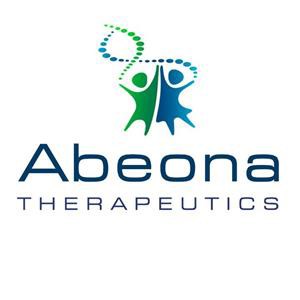
The FDA has put Abeona Therapeutics’ phase 3 trial of its cell therapy EB-101 on hold, asking for “additional data” to be supplied before it can progress.
Following the news, the biotech’s shared dropped more than 20%, as investors became spooked by potential unfavourable results from the pivotal study.
The therapy is being evaluated in patients with recessive dystrophic epidermolysis bullosa (RDEB). The condition is a life-threatening rare skin disease, which is incurable and causes the skin to blister due to a lack of collagen that renders the skin very fragile.
Abeona recently reported that EB-101 induced sustained wound healing in patients, lasting for three years or more. The therapy is based on patients’ own skin-cells, which are modified with the COL7A1 gene.
This gene is missing in RDEB patients, and can restore normal collagen production in the skin cells leading to an improvement in the condition.
However, Abeona needs to prove the transport stability of the therapy if it wants to continue into phase 3. The biotech has said that it has and continues to work closely with the FDA to address the issues of delivery of its therapy.
“Efforts to gather supplemental data points on transport stability of EB-101 are ongoing and we are confident that the requested additional data will be submitted to the FDA promptly,” said João Siffert, chief executive officer of Abeona.
“Looking ahead, we believe that completion of our CMC work coupled with the durable safety and efficacy data, now out to five years in some patients, will ultimately be critical to support a future Biologics License Application,” he added.
Krystal Biotech is also developing a candidate for RDEB – KB103 – and reported positive results from a mid-stage trial earlier this year.
It had been hoping to start a phase 3 study before the end of the year, but following the FDA’s hesitance over Abeona’s therapy, it could face a similar setback.
The news will certainly be frustrating for RDEB patients, whose current care is limited to head-to-foot bandaging and daily checking for new blisters, which can take hours.
Repeated wounds and scarring can also lead to the development of aggressive skin cancers, which can emerge in teenage years and shorten life significantly.
Despite the setback, Abeona still anticipates the phase 3 VITAL trial will receive clearance before the end of 2019.




